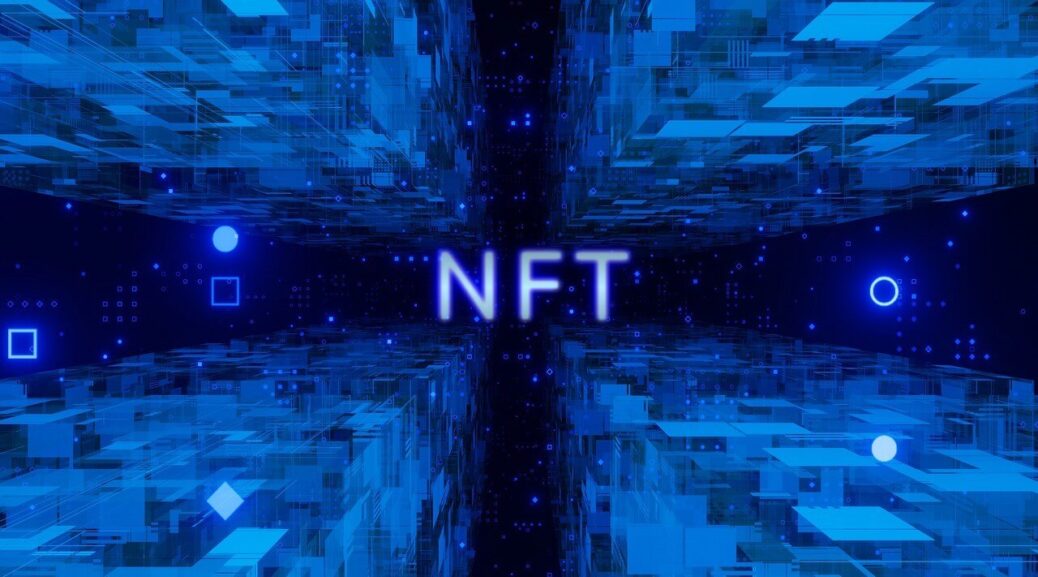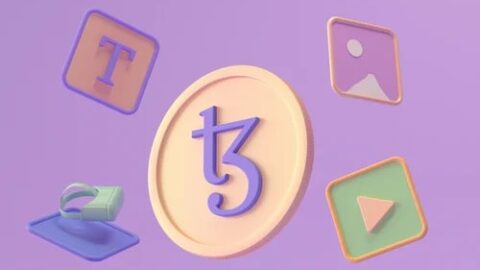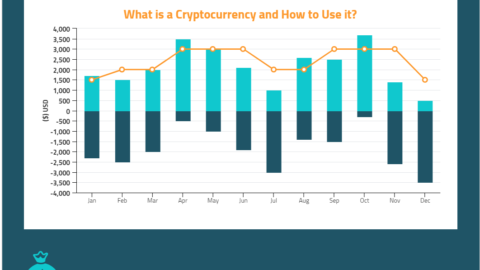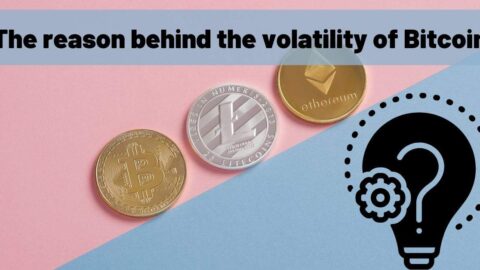NFTs: An Exploration of Their Future Significance
NFTs are especially interesting for graphic designers and those who enjoy creating digital art. All at once, just a few years ago, everyone started creating, trading, and collecting NFTs. It became a viral trend and, at the same time, a way to make money while doing something people enjoyed.
Table of Contents
It has led to numerous debates over whether NFTs are the future of trading for not just art but any digital and even non-digital assessments. However, recently, it seems like NFTs have lost their popularity among people. Let’s dive into what NFTs are, how they evolved, and what their future holds.
What is NFT?
Do you remember the famous monkey illustration that was everywhere with the articles, NFT video guides, and success stories? Did you, by any chance, create your NFT and try to trade it? Or maybe you were the enthusiast who decided to collect the special pieces. But if you are hearing about NFTs for the first time, no worries; their era is just starting.
Non-fungible tokens, or NFTs, represent digital assets like art, music, game, etc. that can be collected in the digital space. They are tokens with valuable information on them. NFTs are created the same way as cryptocurrencies and are based on blockchain technology, which ensures security and integrity.
It is considered, that the first NFT, named Quantum, was created in 2014, by Kevin McCoy, but they did not become popular until 2017. NFTs reached their peak of popularity in 2021, when almost everyone started creating and collecting them.
It took the world time to understand them, and throughout these years, there were numerous tutorials and even courses to teach people how NFTs work.
Is an NFT a currency?
How do you apply to NFTs?
1. Create or obtain a digital asset that you want to tokenize as an NFT.
2. Choose a platform or marketplace that supports creation and sales.
3. Connect your digital wallet to the platform.
4. Mint your digital asset by providing relevant information and uploading the asset.
5. Set the terms and conditions for, such as pricing, royalties, and ownership rights.
6. Submit it for minting and listing on the platform.
7. Promote and market yours to attract potential buyers.
8. Once sold, the ownership of the it is transferred to the buyer, and you may receive proceeds from the sale based on the agreed terms.
Were NFTs Just a Trend?
NFTs have not lost their value and importance. But they have just changed from being something fun and popular to something that will soon become essential. As the importance of the protection of intellectual property and ownership rights increases, actual NFTs will also start becoming a bigger part of our lives.
If you’re interested and want to get involved in crypto and NFT markets, it’s essential to learn more about blockchain technology. And how it works before you invest in it. That’s why you should seek cryptocurrency help from trustworthy sources. So, if you are a musician, artist, collector, or just an NFT enthusiast, then we have good news for you. With expert crypto advice, you can slowly start creating, trading, collecting, and monetizing your digital artistic legacy.
The Significance of NFTs
- Are you a musician, graphic designer, or artist who enjoys the limitless world that digital art offers?
- Have you ever created an artwork and thought of selling it?
- Do you sometimes worry that the picture you took or the poem you wrote can be used by someone without your permission?
- Do you enjoy gaming and would love to have the avatar that no one else has?
- Or would you like to make money through gaming?
If your answer to any of these questions is yes, then NFTs are something you are going to love.
Other than sparking the interest of everyone and uniting the world in the game of art trading and collecting all at once, the NFTs are offering safe platform to keep your work and secure ownership rights. NFTs also offer a brand-new platform for artists to create and sell their digital assets easily and securely without the need of third-party organizations.
This way, digital art can become the main form of expression, giving artists the chance to explore numerous opportunities and a limitless world to create pieces that are impossible to create in the real world.
Benefits:
Thanks to the NFTs, new fields and business opportunities are arising. It also opens new job opportunities for those with disabilities who cannot go to the office every day or for those who simply prefer to make money by using their “digital creativity”.
It also gives gamers a chance to turn their hobbies and love for gaming into a source of income by owning the skins and avatars and trading them. With the advancement of technology and the introduction of virtual and augmented reality, this world can only get bigger and more interesting.
For musicians, blockchain technology creates a space where they can directly connect with their audience and manage the trading of their music themselves. This will be especially interesting for beginners and rising stars. Those who enjoy music can collect the special tracks and melodies that can then become the actual job.
Other than just selling and making money, having the chance to share your work with the whole world allows creators to be noticed and find producers from all around the world.
Some think that NFTs can even replace traditional identification methods with NFT-based digital identities to control personal data and protect privacy better. This way, creators will have the chance to choose who they will give access to their data to.
Conclusion
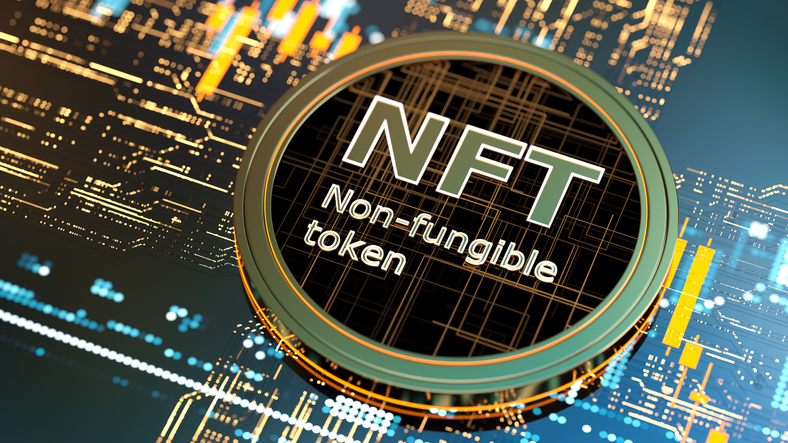
In summary, Non-Fungible Tokens (NFTs) offer numerous advantages across diverse fields. They bring a fresh dimension to digital ownership, promoting creativity and originality in the digital sphere. NFTs empower artists and creators by granting direct monetization and ownership rights. Their use extends to transforming how we verify digital assets, affecting industries like art, gaming, collectibles, and real estate. These digital assets, backed by blockchain technology, promise transparency, immutability, and uniqueness. As they and blockchain evolve, their potential to redefine ownership and authenticity in the digital era is a captivating journey worth following closely.

Brantlee Bhide is a project manager at HB Consultancy. She has 16 years of experience working as a project professional across varying industries, countries, and cultures. She operates in both business and technical domains using an approach that she developed.

